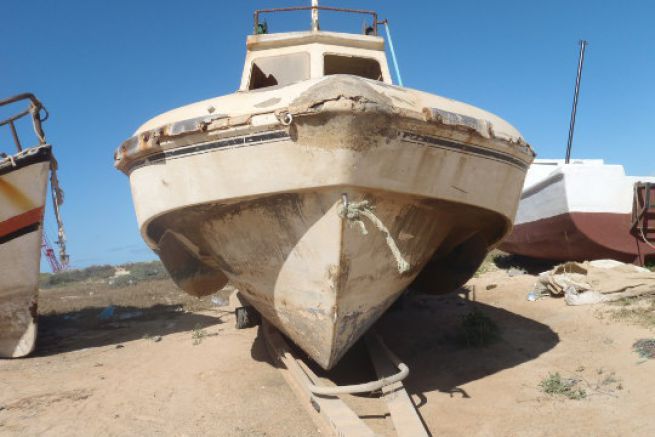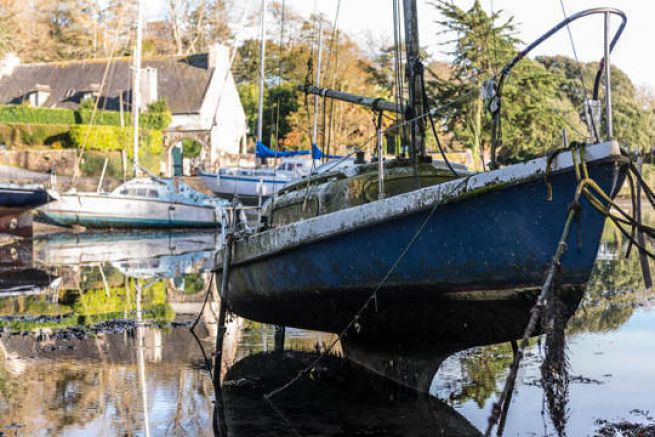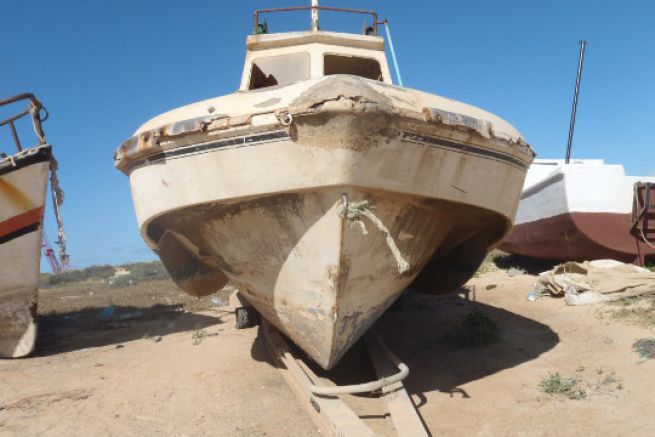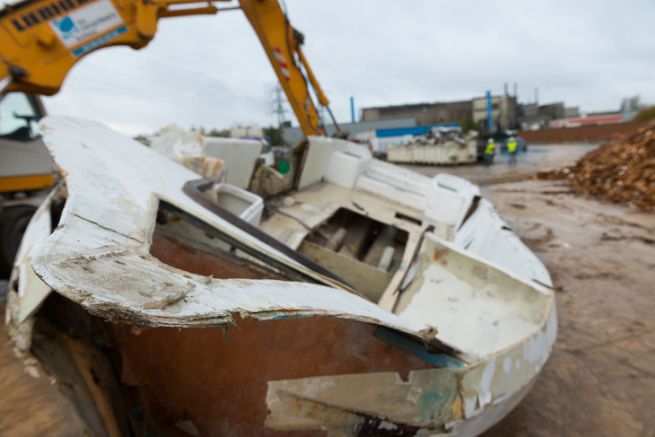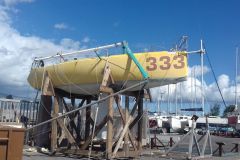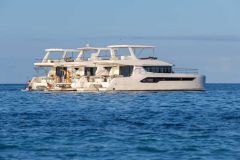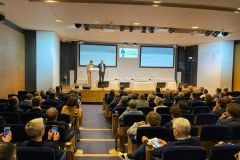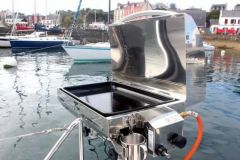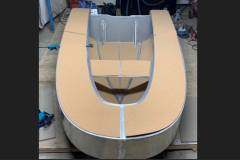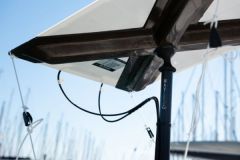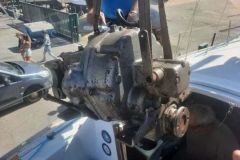A decision that satisfies the boating industry
As we indicated on 25 March, the government wanted to set up an Extended Producer Responsibility (EPR) sector in January 2017 as part of the draft law on the Blue Economy. The aim is to involve producers and owners in financing the end of life of recreational craft. An eco-contribution is paid by the site at the time of the placing on the market and a share is taken on the francization.
Considered unrealistic by professionals, this calendar has been denounced by all associations in the sector. Relayed by members on both sides, the fear was heard and the coming into force was postponed to 1 January er january 2018, after the presidential elections. The Fédération des Industries Nautiques is delighted that the elected representatives were able to break free from partisan logic.
Launch of impact studies
Studies will be conducted by ADEME and APER (Association pour la Plaisance Eco-Responsable) in order to evaluate the economic consequences on the whole sector, taking into account the specificities of the different navigation basins.
And in 2018?
Now granted the request for reprieve of the professionals of the nautical industry, what are the next actions? The process of reflection on deconstruction was launched several years ago. APER was founded in 2009 under the impetus of FIN. Without anticipating the conclusion of the impact studies, we can imagine that the consequences for producers and owners will be financially heavy. However, it is necessary to involve the buyers of new boats, often richer than the last owner responsible for recycling, in the cost of recycling.
We have known for years that it is necessary to act, but the structuring of the deconstruction and recycling sector is difficult to achieve. Why has household appliances been able to set up eco-participation and boating always requires a delay? Now that the latter has been obtained, we are impatiently awaiting the concrete proposals of the APER, so that the yachtsman, owner of a boat at the end of its life can get rid of it in an environmentally friendly way and at a reasonable price.

